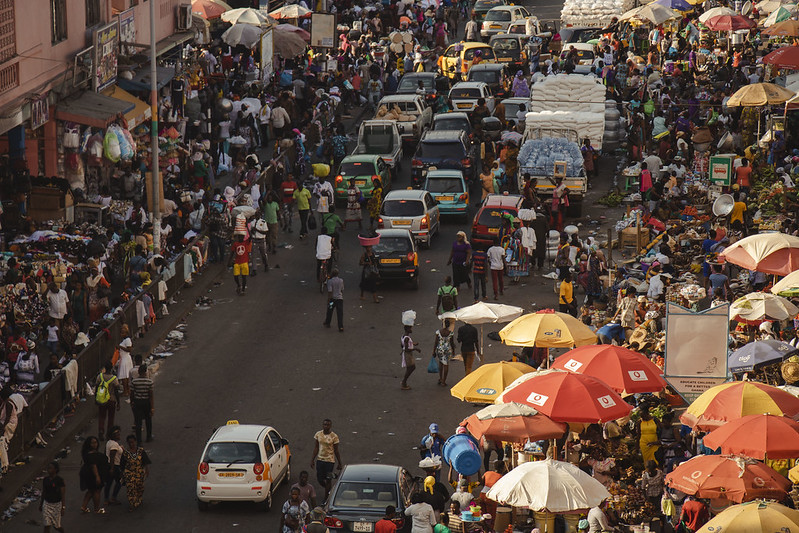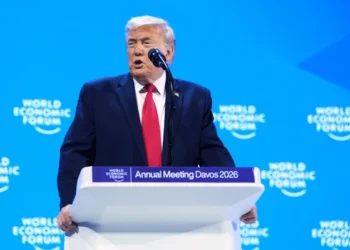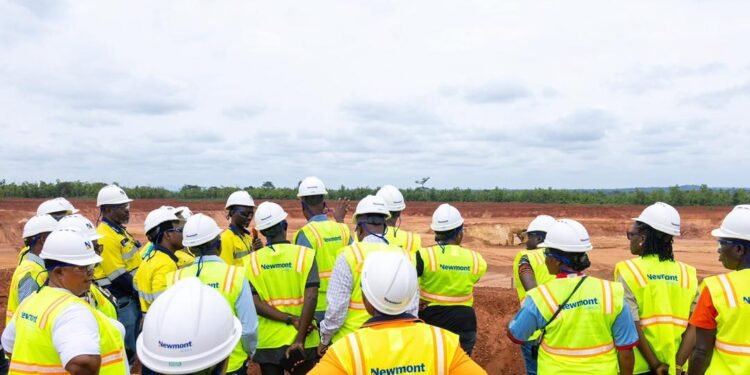An overwhelming percentage of workers and firms operate on the hindsight of governments in emerging and developing economies, a challenge that is likely to delay the recovery in these economies, World Bank reveals.
Nonetheless, this incident can be averted if governments adopt a more robust and comprehensive set of policies that can address these challenges.
“Yet the record shows informality can be tackled in emerging and developing economies. In fact, it had been on a declining trend for decades before the onset of COVID-19. Between 1990 and 2018, on average, informality fell by about 7 percentage points of GDP to 32 percent of GDP– Mari Pangestu, Managing Director of Development Policy and Partnerships, World Bank Group.
The report further highlights that, “the decline partly reflected policy reforms: Over the past three decades, many emerging and developing economies governments implemented a wide range of policy reforms either to increase the benefits of formal-sector participation or to reduce the costs of such activities. These included tax reforms, reforms to increase access to finance, and stronger governance.”
The study makes profound recommendations for policy makers in emerging and developing economies. Firstly, governments and policy makers alike should take a comprehensive approach on confronting this challenge.
This is necessary due to the broad-based nuances of underdevelopment associated with informality. These issues of underdevelopment cannot be taken in isolation, the authors highlight.
Secondly, the authors recommend that measures should be towards country-specific circumstances because the causes of informality vary widely. Thirdly, countries should improve access to education, markets, and finance so that informal workers and firms can become sufficiently productive to move to the formal sector.
Moreover, it recommends that countries should improve governance and business climates so the formal sector can flourish. Furthermore, countries should streamline tax regulation to lower the cost of operating formally and increase the cost of operating informally.
Informality tends to be a perennial problem that has lent several challenges to governments including reducing government revenues and restricting government’s ability to provide services, conduct countercyclical policies, service debt, or implement crisis-response measures.
Findings of Informal Sector
The report finds that, typically, countries with very high informal sectors are growth-declining, poverty-widening, and counterproductive and less able to develop financial systems.
Furthermore, the study finds that the informal sector constitutes more than 70 percent of total employment in emerging and developing economies, and nearly one-third of GDP. With this much people in the informal sector, it narrows country’s abilities to mobilize fiscal resources needed for economies to recover in crisis situations.
“Policy makers have long had good reasons to worry about this sector: Its participants are vulnerable even under normal conditions. Informal businesses rely heavily on family members and moneylenders for working capital, leaving them exposed to sudden income disruptions.
“These enterprises constitute 72 percent of firms in the services sector. Informal workers are predominantly women, and they are usually young and low-skilled. When they lose their jobs or suffer severe income losses, they often have no recourse to social safety nets.”
Mari Pangestu, Managing Director of Development Policy and Partnerships, World Bank Group.
Based on the findings of the report, Government revenue generated as a percentage of GDP in both emerging and developing markets with above-average informality were 5 to 12 percentage points. This is lower than those of emerging and developing economies with below-average informality between 2000 and 2018.
Unsurprisingly, higher informality was also associated with lower public spending on education and health, contributing to the slower accumulation of human capital.
READ MORE: AfDB to support Women business enablers























